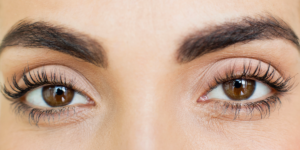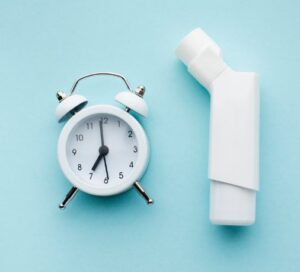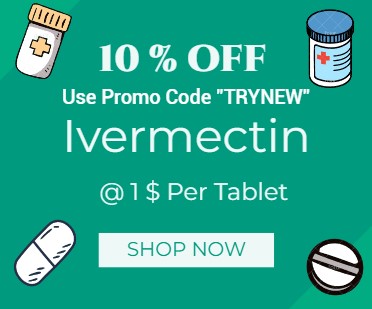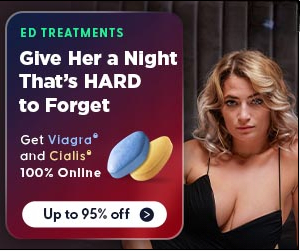
If acne is not treated promptly, it can cause annoyance and can negatively impact a person’s life.
Attacks by acne occur when oil residue and dead skin cells clog hair follicles. Typically, acne results in blackheads, whiteheads, and pimples. Even while it can affect people of all ages, it is the most frequent skin ailment among teenagers. Inaction on the part of the patient can exacerbate their skin problem and undermine their self-esteem. Depending on how you manage and treat it, acne can range in severity from minor to severe.
It usually disappears on its own in a matter of weeks or months. Getting advice from a physician is essential in this case to prevent skin issues. According to research, having severe acne might make you emotionally unstable; getting treatment early can reduce your chance of developing these issues. Conventional treatment can provide relief if the acne outbreak cannot be completely eradicated. Certain drugs, like Retin A Gel, have been shown to be successful in treating acne. For people with acne, this is one of the topical formulations that doctors recommend the most.
The correct treatment reduces the production of sebum, promotes skin cell shedding to clear clogged pores, or stops the growth of bacteria. Prescription and over-the-counter therapies are available to treat acne, taking into account the severity of your skin issue state.
Nonprescription Treatment for Acne
1) Water Intake: Drinking plenty of water is the first step toward helping your skin recover itself of acne and many other ailments. Drinking 12 to 15 glasses of water a day can assist your skin become less oily, which will have calming effects.
2) Using a light soap and cleanser – Cleaning your face gently twice or three times a day with mild soap and water can help reduce the appearance of acne pimples. When you have moderate to severe acne, avoid using harsh scrubs or facials since this can damage your skin and lead to other skin problems.
3) Sun Protection: If you have moderate to severe acne, you should definitely avoid being in the heat. It is advised to avoid the sun or wear a sun protection sunscreen (SPF 50) when you go outside because the UV rays of the sun can exacerbate acne.
4) Consume healthful food – It is thought that eating sensibly should come first in order to stop the breakout. Omega-3 fatty acid-rich diets combat acne more quickly than non-omega foods. Common foods high in omega 3 include fish, spinach, soybeans and soy products, almonds, and flaxseeds. In addition, consuming citrus fruits can help prevent acne. To increase your body’s intake of antioxidants, you can also try flavored water.
5)Blood purification: Bitter melon, Azadirachta indica, and beetroot juice all aid in the natural purifying of blood. To purify your blood, you can combine them all or just take one every other day. In addition, consuming jaggery helps the body break up clots of blood and cleanses the blood.
6)Never crush or touch a typical pimple or acne. When a regular pimple or acne is about to burst, one should avoid touching or squeezing it since this may cause more inflammation and leave a lasting scar. After letting your zit rupture naturally on its own, wash your face with cold or regular water.
Prescription Acne Treatment
- Topical Formulation: When used correctly and for the recommended amount of time, acne treatments such as Retin A Gel, which contains tretinoin, help acne heal quickly. This drug is a well-liked remedy for acne vulgaris. A generic alternative in the retinoid class, Retin A Gel acts by influencing the development of skin cells. Depending on how severe your acne is, its active formula can take 8 to 12 weeks to produce the desired result. There are several strengths and types of this medication (such as gel, cream, and liquid).
- Antibiotic: Prompt use of antibiotics aids in the prevention of acne vulgaris. Antibiotics function by eliminating the germs that cause acne and lowering skin inflammation. Many antibiotics are available in oral and topical forms (such as Retin A Gel). After seeing a doctor, use antibiotic pills to prevent any health or skin issues.
- Therapies: For some patients, topical and oral treatments produce little or no effect. Treatments such as:
Light therapy – Light-based therapy have shown some good results; it requires multiple visits to a doctor clinic to get it done.
Drainage and extraction – To gently remove the cysts and comedones from your skin, your doctor may use some special tools. This technique temporarily improves the skin appearance but can cause scarring too.
Chemical Peel: For minor cases of acne, this procedure may be used. Salicylic acid, retinoic acid, or glycolic acid are examples of chemical solutions that can help to enhance the appearance of the skin.
Steroid Injection: Steroid injections into the skin can be used to treat nodules and cystic lesions. This technique is thought to provide less discomfort and faster healing. Skin thinning and discolouration in the treated area are the primary negative effects linked to this therapy.




